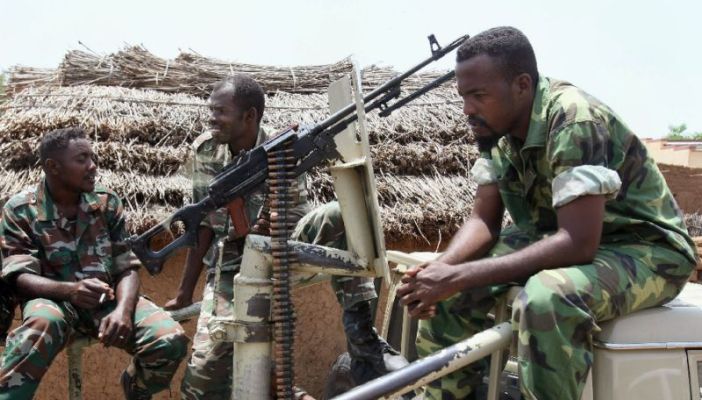President al-Bashir extends Sudan’s unilateral truce for three months

March 28, 2018 (KHARTOUM) – The Sudanese President extended the unilateral cessation of hostilities for three months, says a short statement released Wednesday
“The President of the Republic, Marshal Omer Hassan al-Bashir, on Wednesday, March 28 issued a presidential decree extending the cease-fire declared in the operations areas until June 30, 2018” reads the statement.
The Sudanese army has been fighting the Sudan People’s Liberation Movement/North (SPLM-N) rebels in the Blue Nile and South Kordofan, also known as the Two Areas since 2011 and a group of movements in Darfur since 2003.
The purpose of the unilateral truce was initially to create a conducive environment for talks brokered by the African Union High-Level Implementation Panel (AUHIP) to end the armed conflict in the Blue Nile and South Kordofan states and Darfur region.
The AUHIP-led process which seeks to achieve a “holistic” peace in Sudan has been stopped since August 2016 after the failure of the government and the armed groups in southern and western Sudan regions to achieve progress in the two-track negotiations.
The U.S. administration and Sudanese government are engaged in a process to normalize bilateral relations.
According to the normalization process, Khartoum committed itself to open humanitarian access to conflict areas in Darfur as the government has the upper hand on the grounds.
For South Kordofan and Blue Nile where the SPLM-N control some areas, the situation is different because there is no agreement on the humanitarian access between the warring parties. However, aid groups are operating in the government-controlled areas.
(ST)
